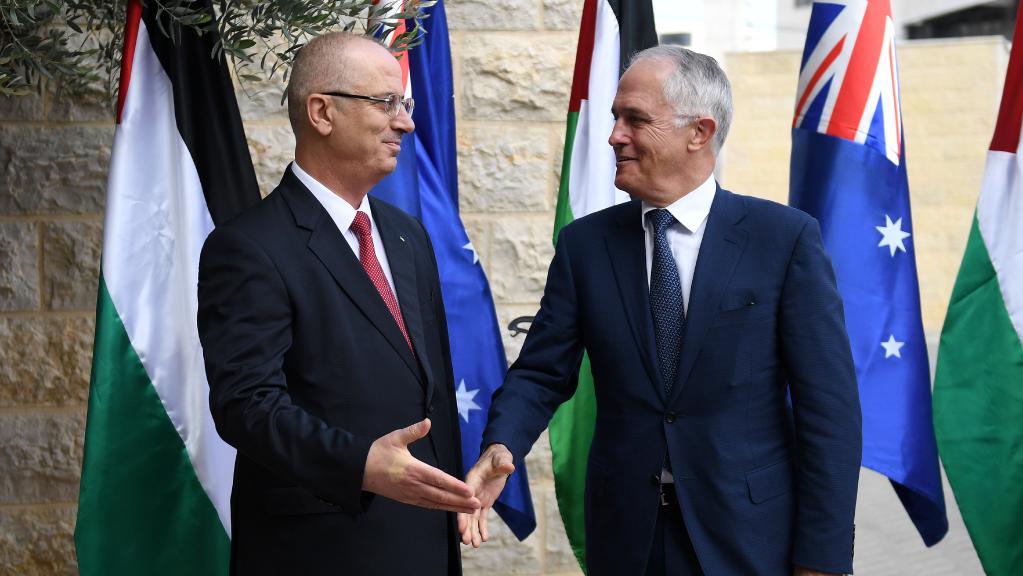It’s not bad to remember people who fought and sometimes died in war, but too much repetition lessens the impact, and the truths of history get lost in the bombast.
Take last week’s event at Beersheba in southern Israel, attended by Israeli Prime Minister Benjamin Netanyahu and Malcolm Turnbull.
In his speech, after a dark warning to Palestinian infiltrators — “do not test the will of the state of Israel or the army of Israel” — Netanyahu made some interesting historical connections.
After Jewish fighters helped Anzac forces at Gallipoli, he said, there was “the Jewish Legion that helped liberate Palestine here, in this campaign that we mark today… a partnership that has historic significance today.”
He praised “brave Anzac soldiers [who] liberated Beersheba for the sons and daughters of Abraham and opened the gateway for the Jewish people to re-enter the stage of history.”
They are saying Beersheba’s 1917 capture “liberated” the city from Turkish rule and gave weight to the statement a few days later by British foreign secretary Arthur Balfour there should be “a national home for the Jewish people”, and this led to the state of Israel.
It is a neat idea, but it does not stack up. Netanyahu’s claim about the Jewish Legion, a group of battalions in the British army, was not true. It had no part in the battle for Beersheba. It was still being formed in the UK at the time and did not enter active service until 1918.
There’s the inconvenient matter of the Arab Revolt. From 1917 until the war’s end in November 1918, English army captain T.E. Lawrence worked with Arab regulars and insurgents, behind Turkish lines and in frontal assaults against the Turks.
Read the article by Peter Boyer in The Mercury.

